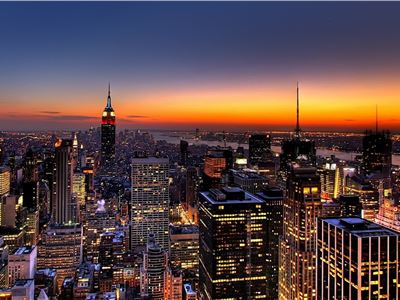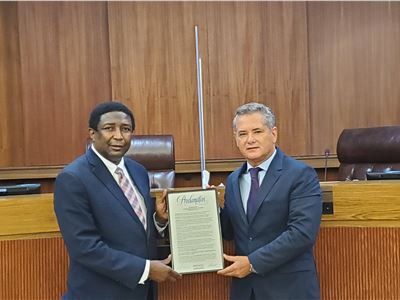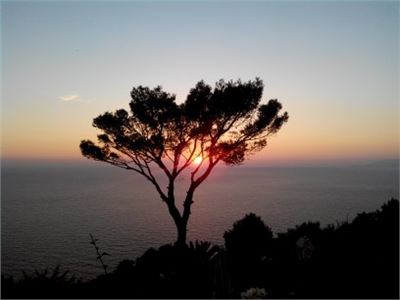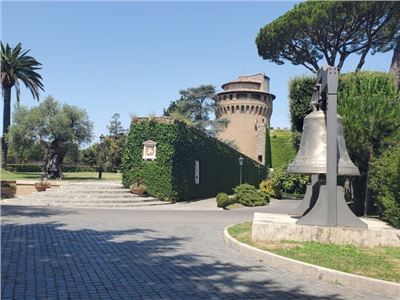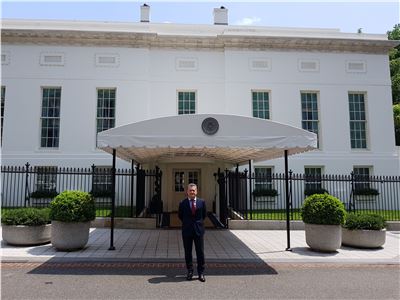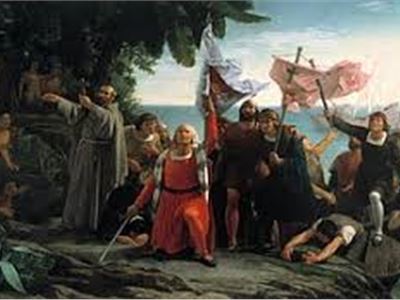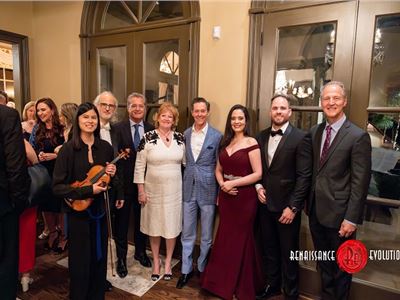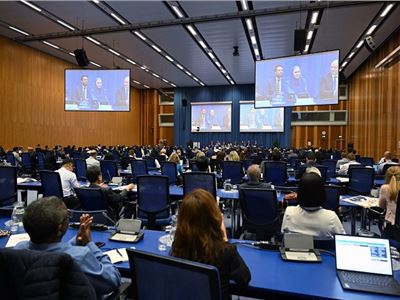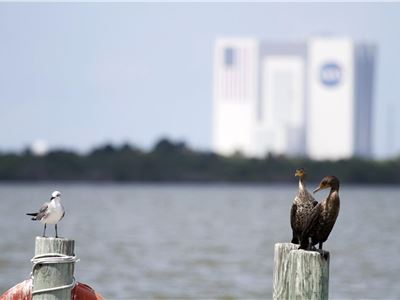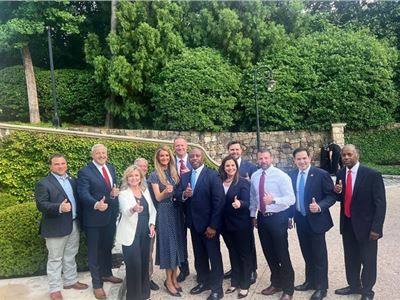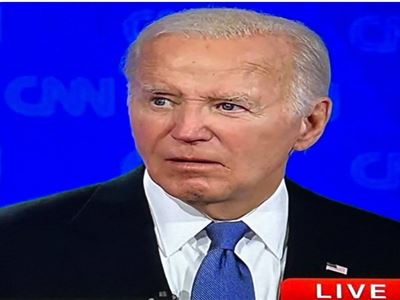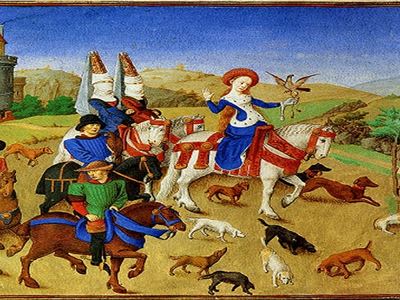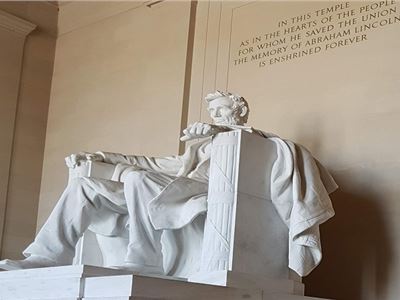Sitting north of Greece and east of Italy, the best emerging story in Europe these days may just be occurring in a country that you seldom think about: Albania. Spending time in the booming seaside capital city of Tirana is like seeing economic progress happening at lightning speed. Luxury hotels are going up on the pristine Adriatic beaches and tourism is growing across the mountainous landscape. Office buildings are blooming in the city’s interior. An industrial base is taking shape.
The people are unabashedly pro-American and their elected leader’s top goal is gaining entry for Albania to the European Union. Without question, the people of Albania have their eyes set toward the West. Future leaders ask for our advice. Children memorize all the U.S. presidents to include their wives. Sitting at dinner with a few friends and colleagues in Tirana a few years back, a local legislator explained that “we’re making up for lost time - 40-years under a dictatorship - and need all the help we can get. We’re behind the ‘liberty curve.’” But it takes more than new buildings and reading our history. It takes a new attitude – a new way of doing business.
Albania could use a break. For almost five centuries they were subjugated to and part of the Ottoman Empire, though their national hero (Skanderbeg) held the Turks off for years through a series of brilliant military campaigns in the late 15th Century. Albania achieved independence in 1912 and immediately built a bond with the United States as President Woodrow Wilson fiercely and successfully insisted on Albania’s independence at the Paris Peace Conference in 1919. The country was first a republic and then a monarchy until Mussolini’s Italy invaded Albania in 1939. A Nazi occupation followed.
Tragically, Nazi defeat only brought a communist dictatorship under Enver Hoxha to Albania. Hoxha ruled from 1945 until his death in 1985. Albania was isolated. Economic growth was stifled. A full generation had not known freedom. With the collapse of communism in 1991, Albania was able to throw off the dictatorship. While much of The Balkans suffered brutal wars or at a minimum intense violence, Albania was able to build a representative democracy with strong personal freedoms for their people without either war or any intense sectarian violence.
After implementing an independent and accountable justice reform system, Albania immediately sought diplomatic relations with the United States along with signing several agreements designed to bring Albania closer to the West - most important was the U.S. and Albania Strategic Partnership which was agreed to in 2015. Today, the United States is strongly supporting Albania’s effort to gain membership in the European Union.
Over the last two decades, Albania has been one of the best economic success stories in Europe going from one of the continent’s poorest countries to today enjoying what the EU analysts call an “upper middle-income country.” GDP growth in 2022 was 4.84% putting it in the upper tier of growth for Europe. The country possesses a thriving oil production industry and its rich in mineral resources with production of chromium, copper and iron-nickel leading the way. The country’s excellent climate and soil support a strong and growing agricultural export economy in fruit, vegetables, honey and dairy products. Albania is literally building, growing, and digging its way to peace and prosperity.
During my years serving in the United States Army in Europe and the Middle East, I saw up close many countries. I learned to look for signs portending a country’s direction and future - good and bad. Certainly, I learned to read friend from foe, and ally from unaligned. During my trips across Albania, I see a nation growing more prosperous, more confident and freer. I see an Albanian people who want to be a part of the west and a friend of a country they admire - the United States. I, for one, welcome their efforts.
Stuart Jolly is a retired U.S. Army Lieutenant Colonel, Aviator, and political strategist, having helped run presidential, senatorial, and congressional campaigns. He is currently a co-chair at Hyperfocal, the political arm of Straife. From 2012-2016, he was Executive Director of a national education foundation and helped run super PACs as well.
- Tags:
- Categories: Media





